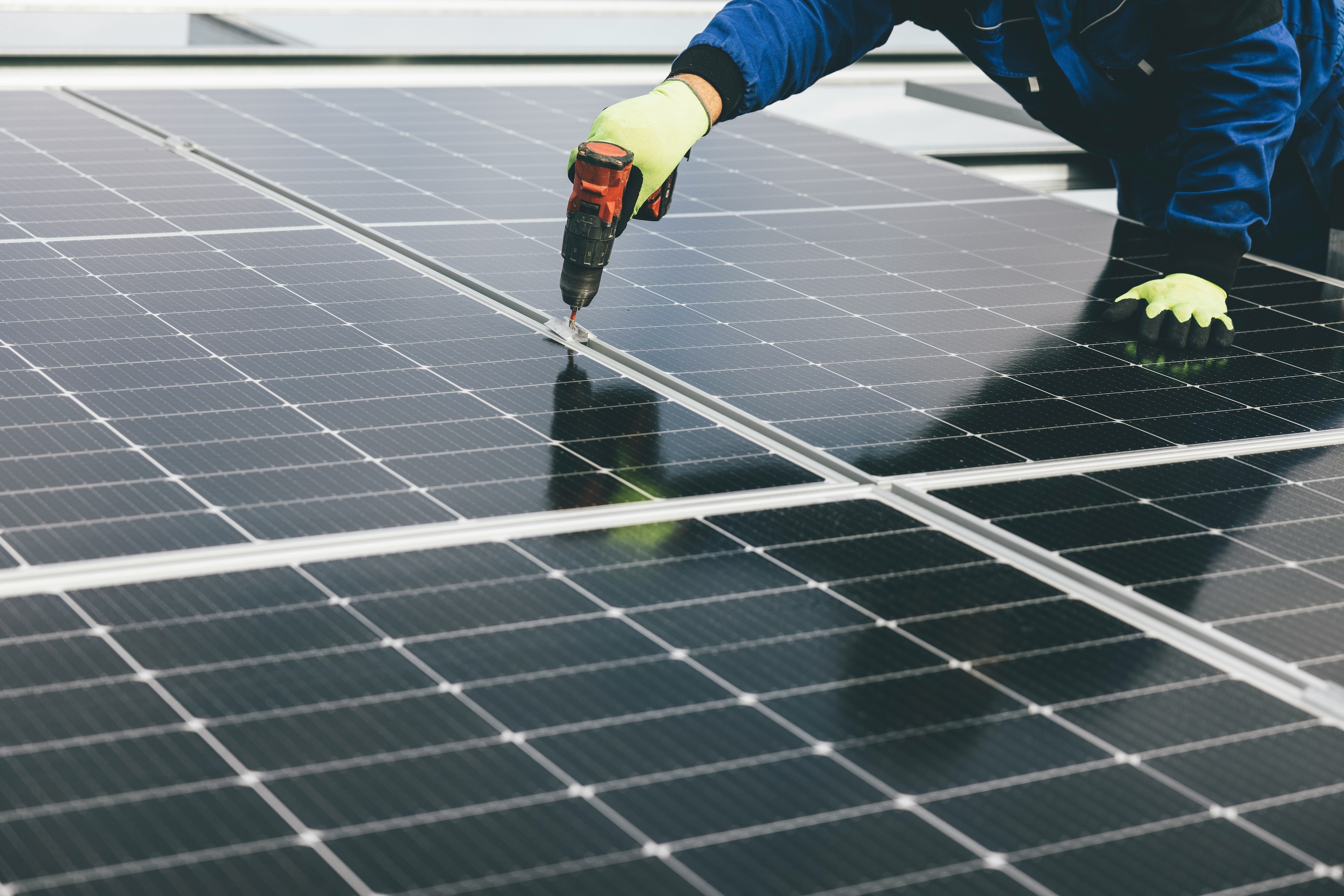This startup is opening a robot farm in California

Iron Ox plans to uproot farming norms with a series of robotic farms that sell locally-grown greens
Image: REUTERS/Denis Balibouse
Stay up to date:
Artificial Intelligence
Machine Thumb
Farming is one of humanity’s oldest professions, right after hunting and gathering. But now, a startup called Iron Ox is in the process of opening a farm in California that will replace human farmers with robots.
At the heart of Iron Ox’s operations is Angus, a robot that uses its dexterous arm to tend to mattress-sized hydroponic beds of edible plants. The bot’s machine learning software allows it to identify and remove plants exhibiting signs of pests or disease before they can infect the whole patch.
Robofarmer
Iron Ox’s goal seems to be disrupting the current model of industrial agriculture. The company’s founder, Brandon Alexander, appears particularly well-suited to take on the task: He previously worked as both a farmer and a Google engineer.
“Right now fresh produce really isn’t all that fresh,” Alexander toldCNBC. “It’s traveling on average 2,000 miles from farm to grocery store, which means a lot of people are eating week-old lettuce or strawberries.”
Old BotDonald
If all goes well, Iron Ox plans to uproot farming norms with a series of robotic farms that sell locally-grown greens, from lettuce to basil, to restaurants and grocery stores across the country. Though it hasn’t inked any deals yet, the startup says it’s already in talks with Bay Area restaurants, and Alexander told a local news station in San Francisco that the company hopes to be selling robot-grown produce in grocery stores by 2019.
Eventually, he told Fast Company, the goal is to grow produce at a lower price than conventional farms. If the company can pull that off — which, granted, is a huge “if” — it’ll radically reorient the relationship between farmers, food retailers, and, ultimately, your dinner plate.
Don't miss any update on this topic
Create a free account and access your personalized content collection with our latest publications and analyses.
License and Republishing
World Economic Forum articles may be republished in accordance with the Creative Commons Attribution-NonCommercial-NoDerivatives 4.0 International Public License, and in accordance with our Terms of Use.
The views expressed in this article are those of the author alone and not the World Economic Forum.
Related topics:
Forum Stories newsletter
Bringing you weekly curated insights and analysis on the global issues that matter.
More on Emerging TechnologiesSee all
David Sullivan
August 26, 2025
Hannes Klöpper
August 26, 2025
Kai Zenner and Benedikt Gieger
August 25, 2025
Lim Chow-Kiat
August 21, 2025
Charles Bourgault and Sarah Moin
August 19, 2025
Spencer Feingold
August 18, 2025






